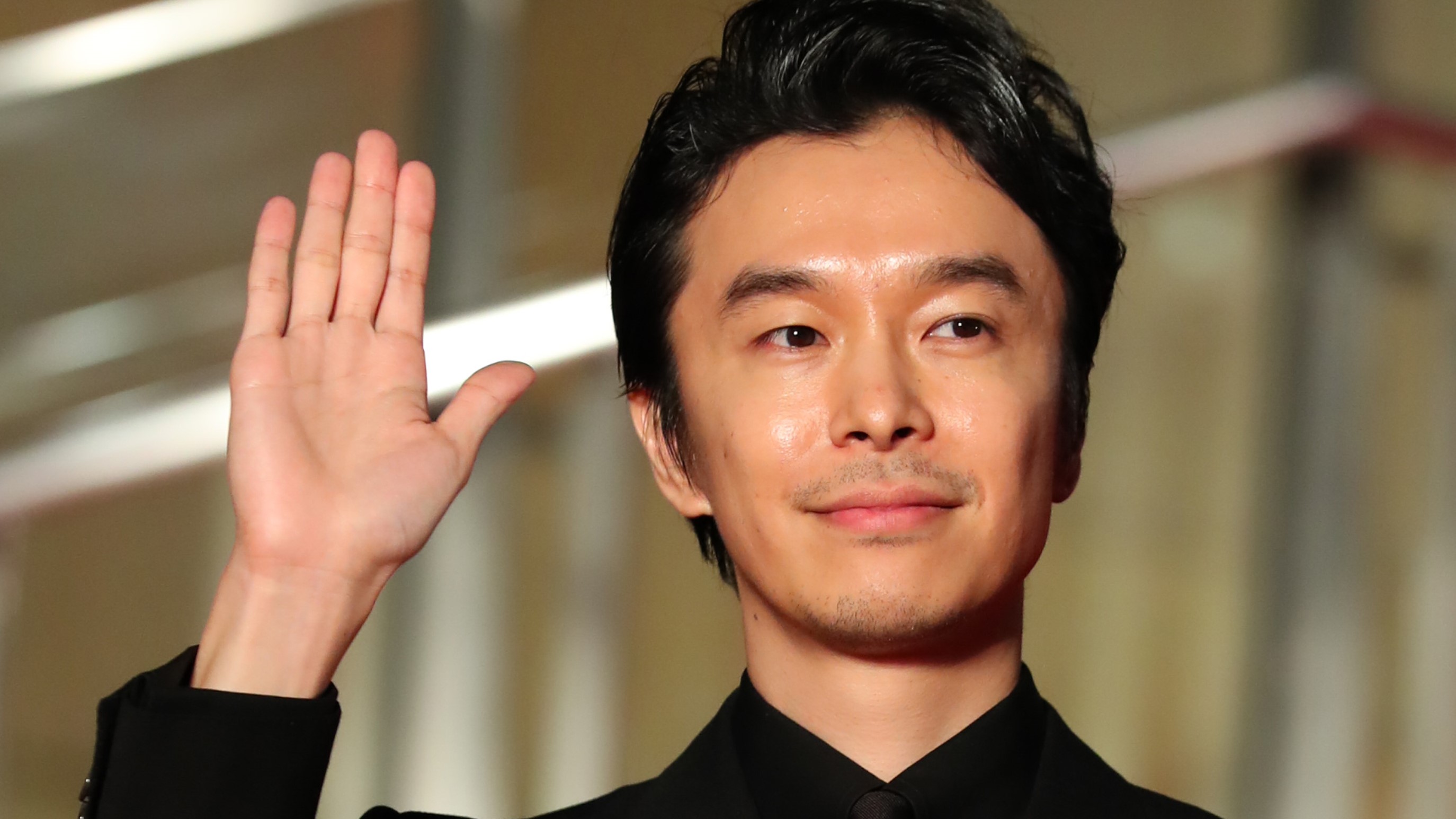Tokyo Festival Star Hiroki Hasegawa on Getting in Touch With Different Experiences
By Mark Schilling
LOS ANGELES (Variety.com) – One of the many tall, slender, handsome guys who populate (and in some cases over-populate) Japanese TV dramas and films, Hiroki Hasegawa is also not the usual model-turned-actor. After graduating from Tokyo’s Chuo University, he joined the famed Bungei-za theater company, an incubator of acting talent for generations, and appeared in productions by renowned stage director Yukio Ninagawa.
After turning 30, he began to act on TV, and several years later, in films. Now 42, he has worked with such internationally known auteurs as Sion Sono (“Why Don’t You Play In Hell?”) and Kiyoshi Kurosawa (“Before We Vanish”), while winning a 2017 Japan Academy best actor prize for his work in the smash “Shin Godzilla.”
Hasesgawa stars in two films at this year’s Tokyo International Film Festival: Junji Sakamoto’s dark drama “Another World,” which screens in competition, and Daishi Matsunaga’s “Hekishu,” the Myanmar-set segment of the three-part omnibus “Asian Three-Fold Mirror 2018: Journey.”
A coproduction of the Japan Foundation Asia Center and TIFF, “Hekishu” centers on Suzuki (Hasegawa) the employee of a Japanese trading company who has been sent to Yangon to speed up the country’s lumbering trains. As he rides those trains and wanders the local market he deepens his acquaintance with the Burmese, particularly a pretty seamstress (Nandar Myat Aung) he hires to make a longyi, a cylindrical cloth worn by both men and women.
The film’s theme of the clash between old and new, traditional and modern, struck a personal chord with Hasegawa. “We were shooting out in the countryside, where the old ways still hold strong, but where change is coming,” he says. “It reminded me of the Japanese countryside I saw as a kid, but is now totally different.”
His character, Suzuki, starts to feel conflicted as he realizes that his mission may have its downside. “Progress may bring destruction,” says Hasegawa. “The ideal thing would be bring in modern progress while preserving the good sides of tradition,” Hasegawa says. “But that may not be possible.”
To play Suzuki, a fish-out-of-water character, Hasegawa limited his preparation before boarding the plane to Yangon so he could see the country with fresh eyes. “I didn’t study or any of that,” he says. “The only thing I did was to learn Burmese – at least enough to say my lines,” he adds with a grin.
He applied the opposite technique when he played Eisuke, the tortured former Self-Defense Forces soldier in “.”
Returning to his small town home deep in the countryside, Eisuke tries to reconnect with his old friends from junior high, especially Hiroshi (Goro Inagaki), who is laboring as a charcoal maker. But Eisuke finds true communication hard since he is trying to conceal the unsettled state of his mind. “He has PTSD, though the film doesn’t explain how he came to be that way,” Hasegawa says. “And at first I couldn’t imagine what he had been through, though the director (Sakamoto) had his own idea.”
After learning that many Self-Defense Forces veterans, particularly ones posted abroad, commit suicide after returning to civilian life, Hasegawa began to construct a back-story for the character. “I imagined that he had to shoot someone. How did he bring himself to pull the trigger? What sort of pressure was he under?”
The effects of PTSD, Hasegawa explains, tend to get hidden in Japan. “The ones affected don’t want to talk about it,” he says. And the outcome of this denial is sometimes tragic, though Eisuke survives. “We have to treat it as a priority,” Hasegawa says. “It’s not something most Japanese are aware of.”
The film is realistic in another way, he says: “It shows how people actually live in small towns. It isn’t how people imagine,” says Hasegawa. “One example he gives is the rowdy drinking sessions that Hiroshi indulges in with another pal from junior high (Kiyohiko Shibukawa) after his grueling work day ends “I wonder if audiences abroad will understand that sort of thing?” he asks. “I suppose they would,” he says, when reminded of the U.S.’s rural areas and its experience of PTSD.

